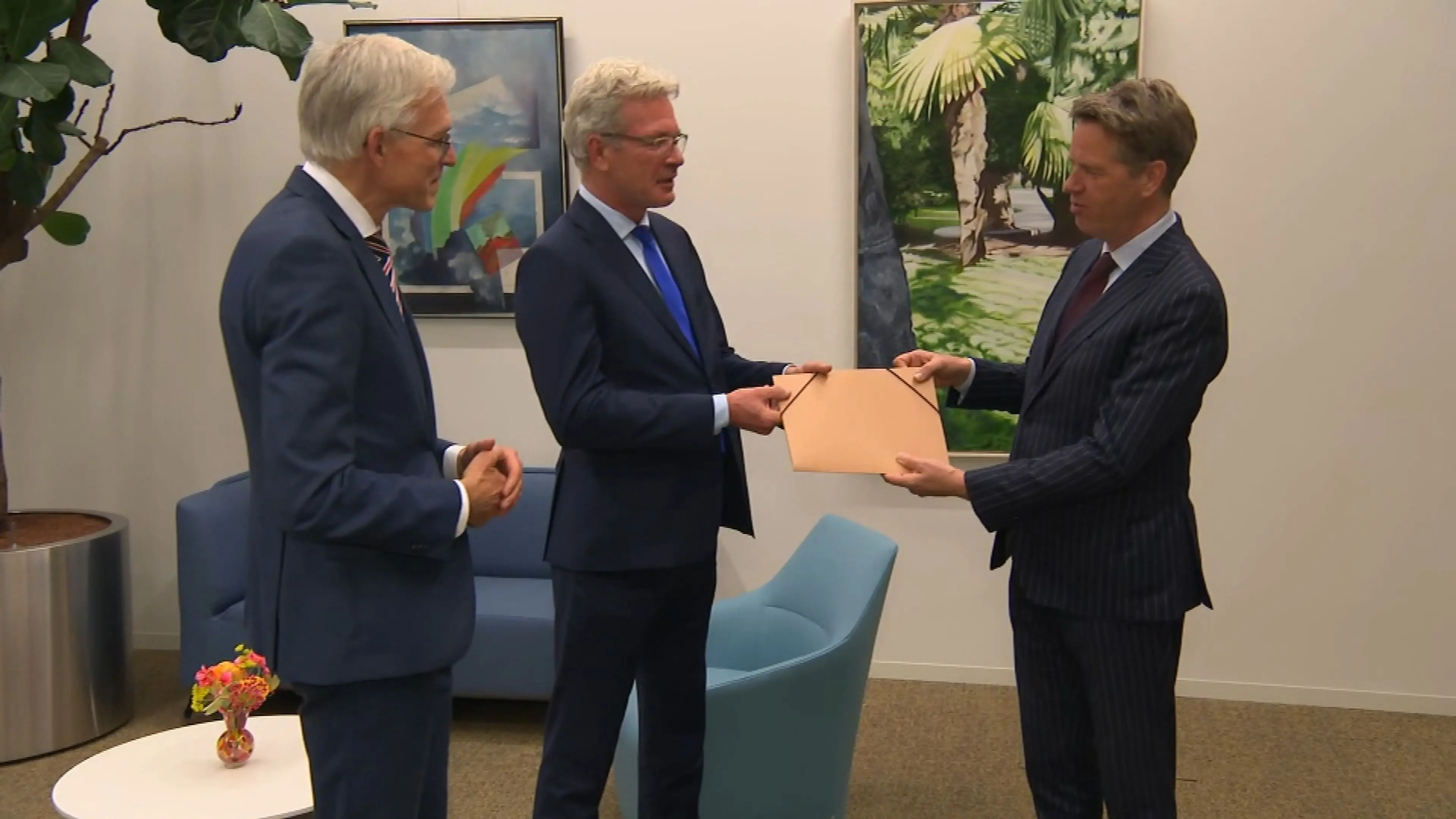
New political agreement with strict plans for Dutch asylum policy
4 political parties have reached general agreements on how they want to govern the Netherlands. After almost 6 months of consultation, they now have an agreement. 1 of the most important plans is a much stricter asylum policy in the Netherlands. In this article you can read what this means.
Since the November 2023 elections, the political parties PVV, VVD, NSC and BBB have been negotiating together to see if they can govern the Netherlands together. Now they have an agreement with each other that contains general agreements. This means that the agreements have not yet been worked out in detail.
This is how the political process works from now on
This new agreement means that the 4 parties are going to form a government together and have agreed on the main plans they want to introduce. Now these 4 parties are going to look for people to lead the government together, such as ministers and a prime minister.
Once all the ministers and the prime minister are found, they will meet for a consultation. In these consultations, the new rules and plans will be defined more precisely. If the ministers agree on these plans, they will sign an official and final coalition agreement. Then the ministers will visit the king and officially become the government of the Netherlands.
From then on, the Netherlands will again have an official government and they can implement new plans. Officials at the ministries will start looking at whether and how they can start implementing the plans. This process might take a long time.
This is what the parties want in terms of asylum
The current agreement contains many new agreements on asylum. The 4 parties already aim to make the asylum policy in the Netherlands stricter. They think the Netherlands is taking in too many refugees and want fewer asylum seekers to come to the Netherlands. This is why they want to introduce the
To declare an asylum crisis and make a temporary Asylum Crisis Act. With this, they want to ensure that the Netherlands does not have to process asylum applications for 2 years.
To abolish the possibility of obtaining a permanent asylum residence permit.
That people can only become Dutch citizens 10 years after they receive an asylum residence permit. And for that they have to be able to speak the Dutch language at least at
That people seeking asylum no longer go to a higher court when their asylum application is rejected. Asylum seekers can then still file a lawsuit with a lower court.
That people seeking asylum receive less legal help during the asylum process.
That a distinction be made again between people with different types of residence permits:
To increase personal contributions for reception centres of refugees from Ukraine.
That they can expel people without the right of residence from the Netherlands.
Parties just want to repeal new law to improve reception centre policy for asylum seekers
In addition, the parties also want to repeal a new law that deals with the improvement of reception centre. This law is called the Distribution Act and was recently passed, on 23 January 2024. This law would ensure that people applying for asylum are distributed fairly among Dutch municipalities and all get a place in an asylum reception centre.
The new agreement of the 4 parties says they do not want this law. Instead, the parties want to start choosing who can or cannot stay in reception centres in the Netherlands. They also want to make reception centres for people applying for asylum even more modest.
New law passed for better asylum reception centres in the Netherlands
The question is whether the plans can be implemented
Much is still unclear about what the plans will really mean in the Netherlands. The question is whether they can be implemented. And whether all these plans are allowed under Dutch law, European law or international treaties.
According to asylum lawyers, many plans